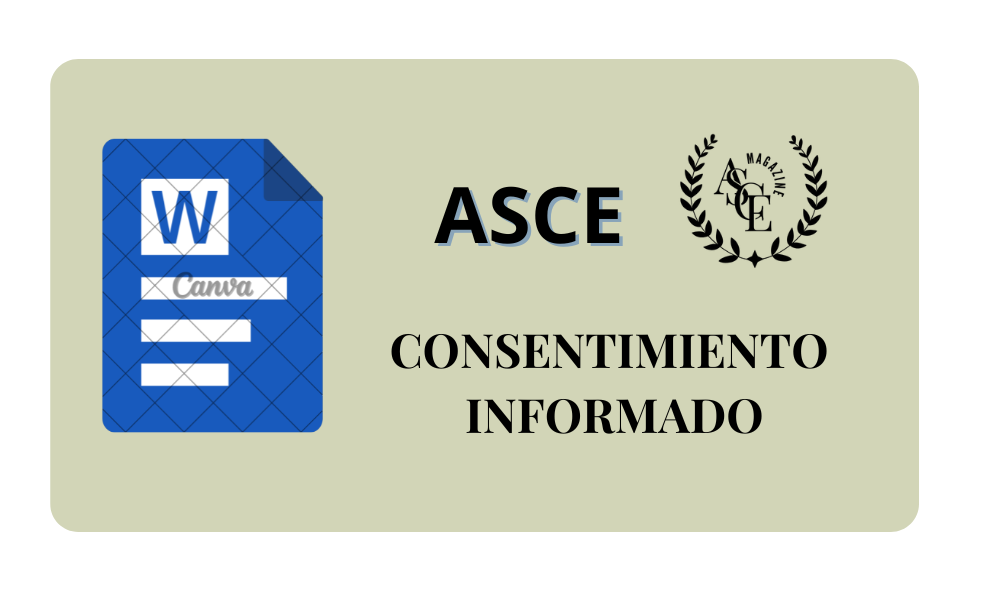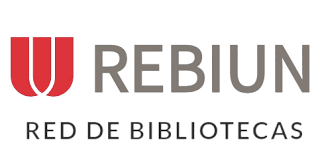Can gamification increase motivation in English learning? A machine learning predictive analysis.
DOI:
https://doi.org/10.70577/ASCE/286.310/2025Keywords:
gamification; motivation; English learning; RandomForestRegressor; playful elements; artificial intelligence.Abstract
This study explores how gamification can increase motivation in English learning using predictive analysis based on the Random Forest Regressor model. The results show that gamification elements are the most influential factor in predicting motivation, explaining approximately 83% of the observed variability. Furthermore, demographic variables were found to have moderate importance, while control variables were found to have less influence, although they are still relevant. The model demonstrated good fit and consistency through cross-validation (K=5), with an average R² of 0.8338 and a low standard deviation (0.1092). The analysis also revealed a strong correlation between predicted and actual values, supporting the model's predictive capability. From a pedagogical perspective, these findings suggest that integrating gamified strategies—such as points, badges, challenges, and progression—can significantly improve student engagement and motivation. Platforms such as Duolingo have demonstrated the effectiveness of this approach in real-world contexts. Likewise, the combination of gamification and artificial intelligence allows for personalized learning, improving its relevance and adapting to individual needs. In conclusion, gamification emerges as a powerful tool for transforming English learning into a more interactive, motivating, and effective experience, especially when applied with pedagogical criteria and technological support.Downloads
References
Adrefiza, A. (2022). Using gamification in the english classroom: Impact on motivation and learning outcomes. QALAMUNA: Jurnal Pendidikan, Sosial, Dan Agama, 14(2), 537–548. https://doi.org/10.37680/qalamuna.v14i2.3516 DOI: https://doi.org/10.37680/qalamuna.v14i2.3516
Al-Khresheh, M. H. (2025). The cognitive and motivational benefits of gamification in english language learning: A systematic review. https://doi.org/10.2174/0118743501359379250305083002 DOI: https://doi.org/10.2174/0118743501359379250305083002
Amalia, T., Inayati, D., & Marini, A. (2023). Improving students’ motivation in learning english through gamification. Jurnal Pendidikan Bahasa Inggris Undiksha, 11(1), 1–9. https://doi.org/10.23887/jpbi.v11i1.63332 DOI: https://doi.org/10.23887/jpbi.v11i1.63332
Angelia, F., Suharjito, S., & Isa, S. M. (2021). Improving english learning by gamification with mda framework. Journal of Games, Game Art, and Gamification, 5(2), 33–40. https://doi.org/10.21512/jggag.v5i2.7474 DOI: https://doi.org/10.21512/jggag.v5i2.7474
Chan, S., & Lo, N. (2024). Enhancing EFL/ESL instruction through gamification: A comprehensive review of empirical evidence. Frontiers in Education, 9, 1395155. https://doi.org/10.3389/feduc.2024.1395155 DOI: https://doi.org/10.3389/feduc.2024.1395155
Duisenova & Zhorabekova. (2024). The efficacy of gamification and artificial intelligence in enhancing the motivation and efficacy of primary school kids in learning english. Журнал Серии «Педагогические Науки», 73(2). https://doi.org/10.48371/PEDS.2024.73.2.027 DOI: https://doi.org/10.48371/PEDS.2024.73.2.027
Hang.lenguyen. (2024, November 14). Guide to gamification in edtech: Key elements, successful strategies & top examples. SmartDev. https://smartdev.com/guide-to-gamification-in-edtech-key-elements-successful-strategies-top-examples/
Hersi, M. (2024). Gamification-cum-motivational strategies in english language learning. International Journal of Linguistics, 16(3), 1. https://doi.org/10.5296/ijl.v16i3.21797 DOI: https://doi.org/10.5296/ijl.v16i3.21797
Imron, A., Budi, B. S., & Mujayanah, S. (2024). Measuring the impact of gamification on motivation and english language learning outcomes: A case study. Indonesian Teaching English to Speakers of Other Languages Journal, 1(1), 1. https://doi.org/10.30587/inatesol.v1i1.7355
Imron, A., Setya Budi, B., & Mujayanah, S. (2024). Measuring the impact of gamification on motivation and english language learning outcomes: A case study. Indonesian Teaching English to Speakers of Other Languages Journal, 1(1), 1. https://doi.org/10.30587/inatesol.v1i1.8936 DOI: https://doi.org/10.30587/inatesol.v1i1.8936
Kharizmi, M., Pratiwi Handayani, T., Amaliyah Mushthoza, D., Rohmiyati, Y., & Binusa Suryadi, S. (2024). The impact of using gamification on english language learning in increasing learning motivation. International Journal of Language and Ubiquitous Learning, 2(1), 1–13. https://doi.org/10.70177/ijlul.v2i1.754 DOI: https://doi.org/10.70177/ijlul.v2i1.754
Kumar, D., & Hashim, H. (2024). Gamification in english language acquisition: Systematic literature review(2015-2024). International Journal of Academic Research in Progressive Education and Development, 13(3), 3818–3841. https://hrmars.com/index.php/IJARPED/article/view/22922/Gamification-in-English-Language-Acquisition-Systematic-Literature-Review-2015-2024 DOI: https://doi.org/10.6007/IJARPED/v13-i3/22922
Naviantara, D., Suwartono, T., & Romdona, Y. (2024). Enhancing students’ motivation in english language learning through gamification. Jurnal PTK Dan Pendidikan, 9(2), 119–128. https://doi.org/10.18592/ptk.v9i2.11080 DOI: https://doi.org/10.18592/ptk.v9i2.11080
Shen, Z., Lai, M., & Wang, F. (2024). Investigating the influence of gamification on motivation and learning outcomes in online language learning. Frontiers in Psychology, 15, 1295709. https://doi.org/10.3389/fpsyg.2024.1295709 DOI: https://doi.org/10.3389/fpsyg.2024.1295709
The role of gamification in enhancing engagement and motivation in language learning. (n.d.). International Journal of Research and Innovation in Social Science. Retrieved July 10, 2025, from https://rsisinternational.org/journals/ijriss/articles/the-role-of-gamification-in-enhancing-engagement-and-motivation-in-language-learning/
Zhang, S., & Hasim, Z. (2023). Gamification in EFL/ESL instruction: A systematic review of empirical research. Frontiers in Psychology, 13, 1030790. https://doi.org/10.3389/fpsyg.2022.1030790 DOI: https://doi.org/10.3389/fpsyg.2022.1030790
Zolfaghari, Z., Karimian, Z., Zarifsanaiey, N., & Farahmandi, A. Y. (2025). A scoping review of gamified applications in English language teaching: A comparative discussion with medical education. BMC Medical Education, 25(1), 274. https://doi.org/10.1186/s12909-025-06822-7 DOI: https://doi.org/10.1186/s12909-025-06822-7
Downloads
Published
How to Cite
Issue
Section
License
Copyright (c) 2025 Diana Carolina Campaña Días, Elsa Amalia Basantes Arias, Luis Armando Quishpe Hipo

This work is licensed under a Creative Commons Attribution-NonCommercial-NoDerivatives 4.0 International License.
Eres libre de:
- Compartir : copiar y redistribuir el material en cualquier medio o formato
- Adaptar : remezclar, transformar y desarrollar el material
- El licenciante no puede revocar estas libertades siempre y cuando usted cumpla con los términos de la licencia.
En los siguientes términos:
- Atribución : Debe otorgar el crédito correspondiente , proporcionar un enlace a la licencia e indicar si se realizaron cambios . Puede hacerlo de cualquier manera razonable, pero no de ninguna manera que sugiera que el licenciante lo respalda a usted o a su uso.
- No comercial : no puede utilizar el material con fines comerciales .
- CompartirIgual — Si remezcla, transforma o construye sobre el material, debe distribuir sus contribuciones bajo la misma licencia que el original.
- Sin restricciones adicionales : no puede aplicar términos legales ni medidas tecnológicas que restrinjan legalmente a otros hacer algo que la licencia permite.
























